Ten accused say they are members of a long-forgotten First Nation in northeastern Ontario and have a historical right to sell cannabis
From The Sudbury Star by Harold Carmichael September 10 2024
The trial in Sudbury of 10 Indigenous people across Ontario facing cannabis-related charges will resume later this year.
The case resurfaced in Superior Court at the Sudbury Courthouse on Monday but was adjourned to Nov. 25-28.
The 10 accused include Derek Roque, co-owner of Creator’s Choice Cannabis on the Wahnapitae First Nation in the Sudbury area.
The accused argue they have a historical right to use and trade cannabis. The charges were laid from 2019 to 2021 during the early years of cannabis legalization in Canada.
The accused say they are descendants of a long-forgotten First Nation called Amikwa or the Beaver People. However, the federal government and other area First Nation communities do not recognize the Amikwa.
The Amikwa say they never signed a treaty or ceded its territory to the federal government alhtough there is a move underway to recreate the historic community.
At the start of the trial in January, the 10 pleaded not guilty to possession of a controlled substance for the purpose of selling and possession of Canadian currency not exceeding $5,000 under the Cannabis Act.
All 10 are Indigenous and nine of them owned or worked at cannabis operations in First Nation communities across Ontario without having the licences or approval from their chiefs and councils.
In the case of Roque, the Ontario Provincial Police and Anishinabek Police Service raided Creator’s Choice on Jan. 3, 2019. He is facing 11 charges that include obstructing a police officer, assaulting a police officer, and breach of recognizance. Those criminal charges are being dealt with separately and not part of this trial.
“We don’t need (an Ontario) licence to do this,” Wahnapitae First Nation band councillor Ted Roque told reporters at a protest in support of Derek Roque outside the Sudbury Courthouse on Sept. 20, 2019, referring to the sale of cannabis. “It is the Indigenous right to be economically self-sustaining … We don’t need to get permission from the province of Ontario to do this.”
In January, defence witness Amikwa Chief Stacy Amikwabi cited Jesuit and other historical records he had come across as proof the Amikwa were once a distinct group in northeastern Ontario.
Amikwabi testified that after he was elected to the Henvey Inlet First Nation band council in 1999, he was researching the Amikwa following mix-ups in his family’s birth and death records.
He was also checking into a land issue involving the band and a railway company when he was given a legal opinion about the matter.
“The French River Band (also known as Indian Reserve No. 13 and called Pickerel) was extinct,” he testified, referring to the legal opinion. “It was an opinion I could not accept.”
Justice Patrick Boucher has ruled that Amikwabi cannot provide opinion evidence but only facts and historical records he uncovered in his research into the Amikwa over the past 20 years.
“We’re not offering him up as an elder, but as a person of interest on account of the work he’s done, the work he has done personally, not relying on opinion evidence, not relying on hearsay,” lawyer Michael Swinwood said before Boucher’s ruling.
Swinwood is representing all of the accused.
He said Amikwabi’s testimony would assist the court in understanding the NANA, or the Nation of the Amikwa Nipissing Allies.
“He will be testifying as to the Indigenous side of the equation,” said the lawyer. “Not as an expert witness.”
Swinwood also asked Boucher to consider viewing – following Amikwabi’s testimony – five videos featuring the late Amikwa elder and spiritual leader William Commanda, who died in 2011
Justice Boucher has dismissed an application by NANA seeking to have intervenor status in the trial. The Crown opposed the application.
Amikwabi said the Amikwa community in Pickerel is a viable group.
“There is a misnomer,” he said. “The 13th Reserve we speak of is the 13th Reserve described in the Robinson (Huron) Treaty, which it is not,” he said.
Amikwabi said French explorer Samuel de Champlain wrote that he came across three distinct groups – the Cheveux Eleves (High Hairs), Nipissing, and the Amikwa.
Champlain, said Amikwabi, also noted that the Amikwa spoke Algonquain.
Amikwabi then cited Jesuit records dealing with Indigenous peoples in the Great Lakes area more than 300 years ago, including the Amikwa, whom the Jesuits called the “Beaver People.”
He said a Jesuit observed in his records that when Amikwa people died away from home, “the beaver people had to be brought back to beaver country to be buried – to recycle their spirit.”
As well, Amikwab said the Jesuits noted the Amikwa had a distinct Feast of the Dead celebration, and that some Amikwa were living on Manitoulin Island.
hcarmichael@postmedia.com
X: @HaroldCarmichael

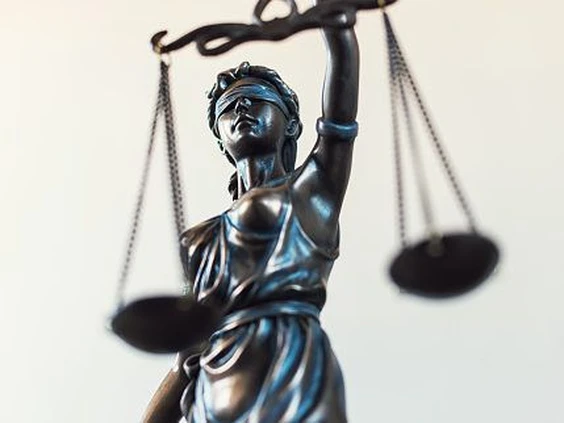
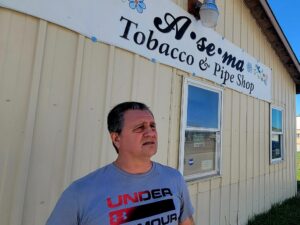
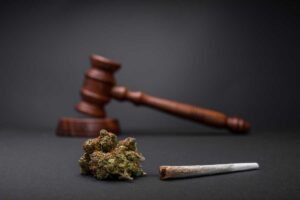
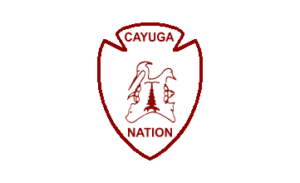
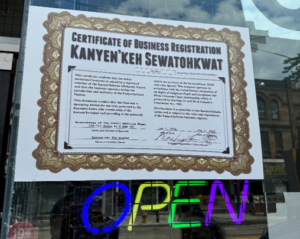

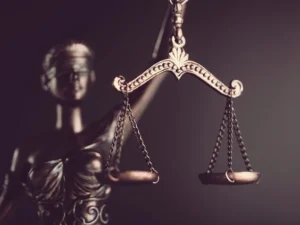
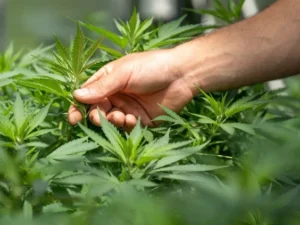
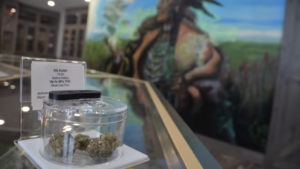
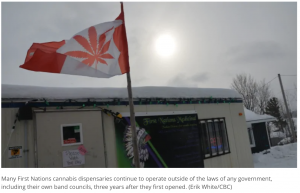
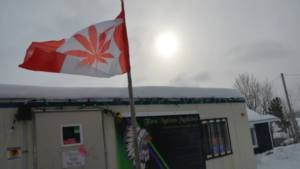
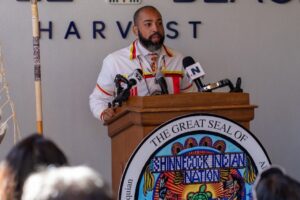
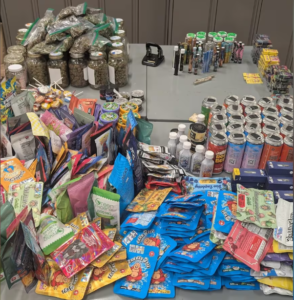
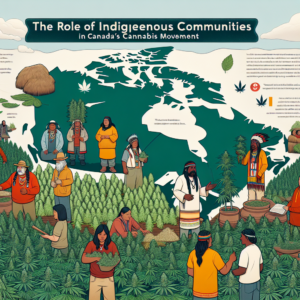


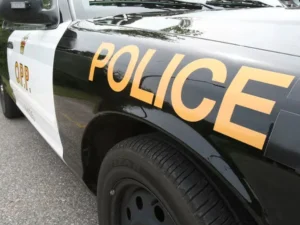
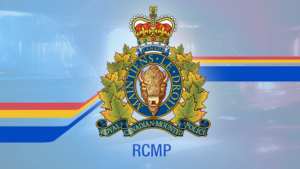
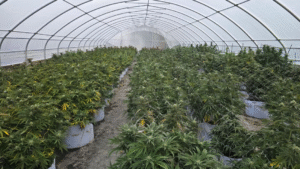
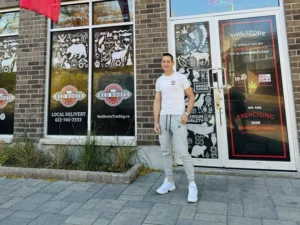
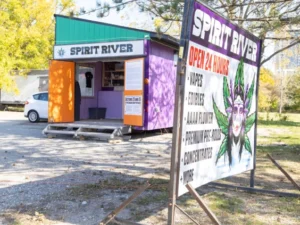
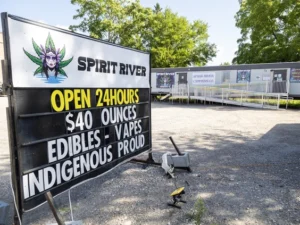


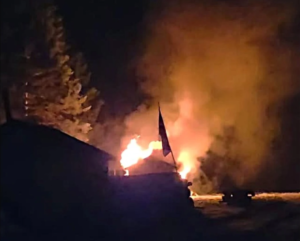


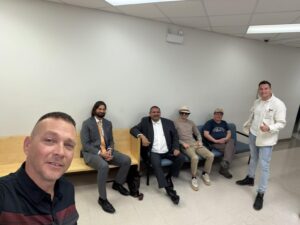

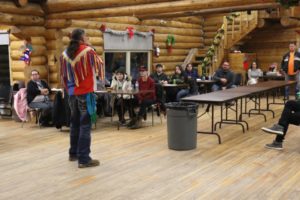
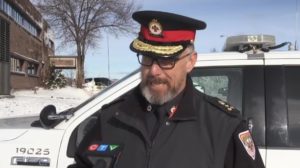
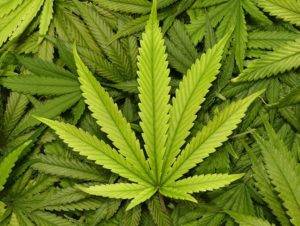

Comments are closed.